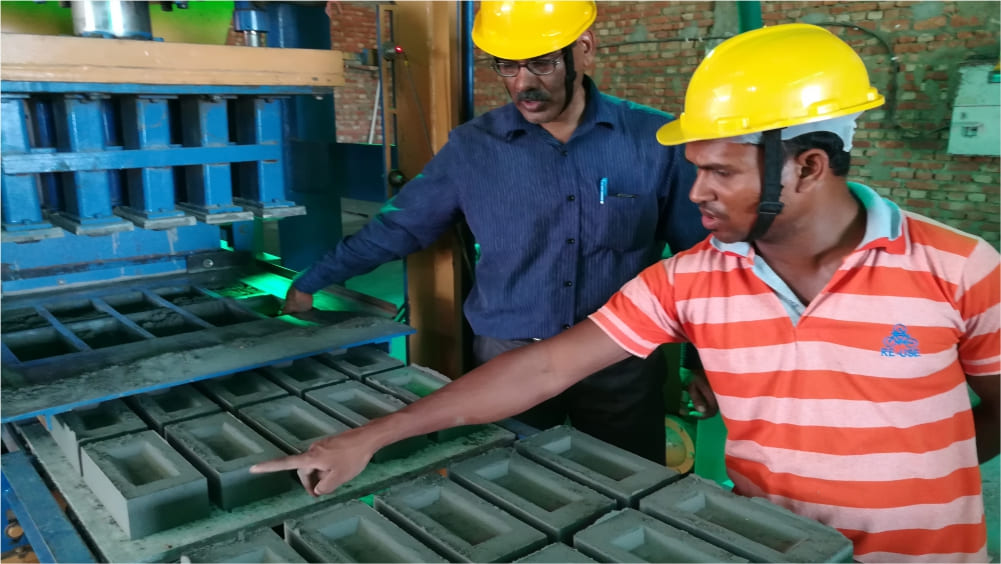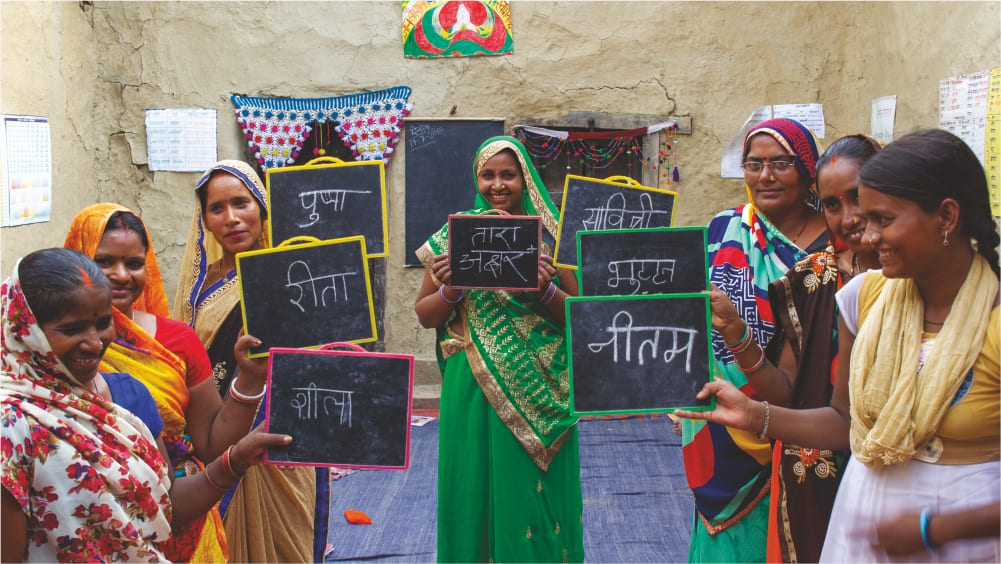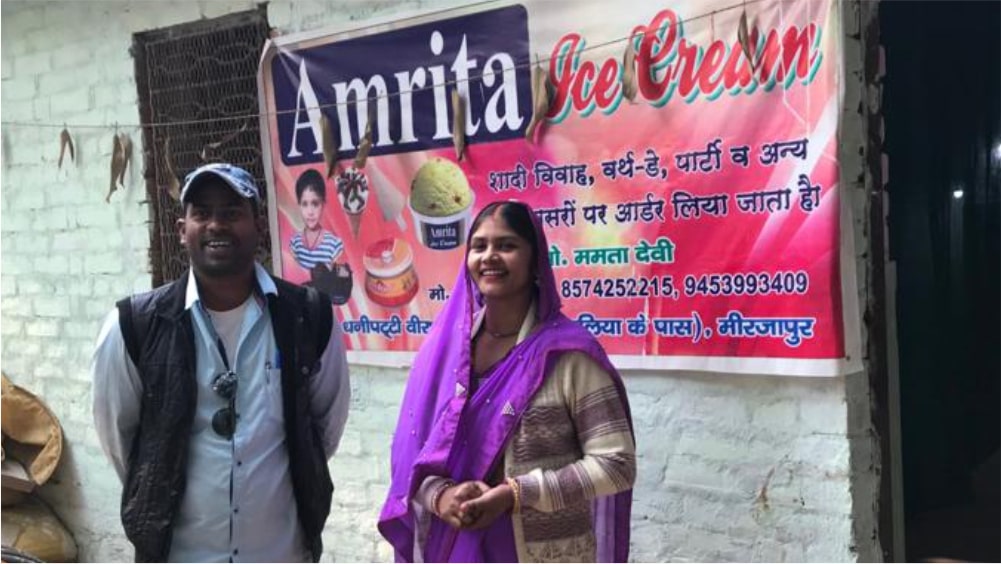

The construction sector is considered to be one of the major contributors to economic growth of a nation. However, the sector is responsible for 37% of carbon emissions worldwide according to a 2021 UN report. The sector needs real transformation to reduce carbon emissions substantially and build resilience against the negative impacts of climate change. Development Alternatives’ ‘Low-carbon Building Materials for Sustainability’ programme focuses on this transformation. The organisation conducts research and develops building materials that use industrial, construction and demolition (C&D), and agri waste and have low-embodied energy. Technologies including Fly Ash Bricks, EcoKiln, and Limestone Calcined Clay Cement (LC 3 ) are among the innovative solutions that Development Alternatives deliver. For a systemic transformation, it is incessantly working towards transference of these technologies and their know-how, establishing enterprises, and building local capacities in both national and international markets.

India is plagued by large levels of illiteracy, with a higher number of female illiterates. Development Alternatives, under its mandate to empower communities, developed the TARA Akshar+ programme to impart functional literacy in rural and urban spaces. TARA Akshar+ is an intensive information and communication technology-enabled literacy and numeracy programme, which supports and trains illiterate women in reading, writing, and doing simple arithmetic, using advanced learning and memory techniques.
Within 56 days of highly instructive and entertaining two-hour classes, which are held in villages, learners acquire sufficient literacy and numeracy skills to be able to read simple books, write letters, verify her shopping and banking transactions, and go on to learn highly valuable job-related skills. Saving some two years and huge costs, which other teaching programmes require, TARA Akshar+ is demonstrably able to position its graduates to become vocal members of their families and effective leaders in their communities.

The concept of inclusive entrepreneurship, or ‘SAMUDYAM’, stems from the belief that an ecosystem of actors can induce systemic change to build new micro-economies where progress is based on equitable growth and social well-being. These actors not just address the problems of livelihood insecurity and widespread joblessness that India is faced with, but deal with issues that caused them in the first place. SAMUDYAM envisions to bring more people into the ambit of entrepreneurship and create jobs on a scale that cannot be matched by small, medium, and large businesses alone. It is dedicated to a systemic change in which millions of ‘job seekers’ become ‘job makers’ within their communities, thereby leading to enhanced social inclusion and sustainable economic growth.
Through SAMUDYAM, Development Alternatives aims to bring together a constellation of actors who recognise how grassroots entrepreneurs remain invisible in policymaking, who are concerned about the limited effectiveness of the public and private sector models for growth, and who hope to overcome the inability of social purpose organisations to take their innovative solutions to scale.